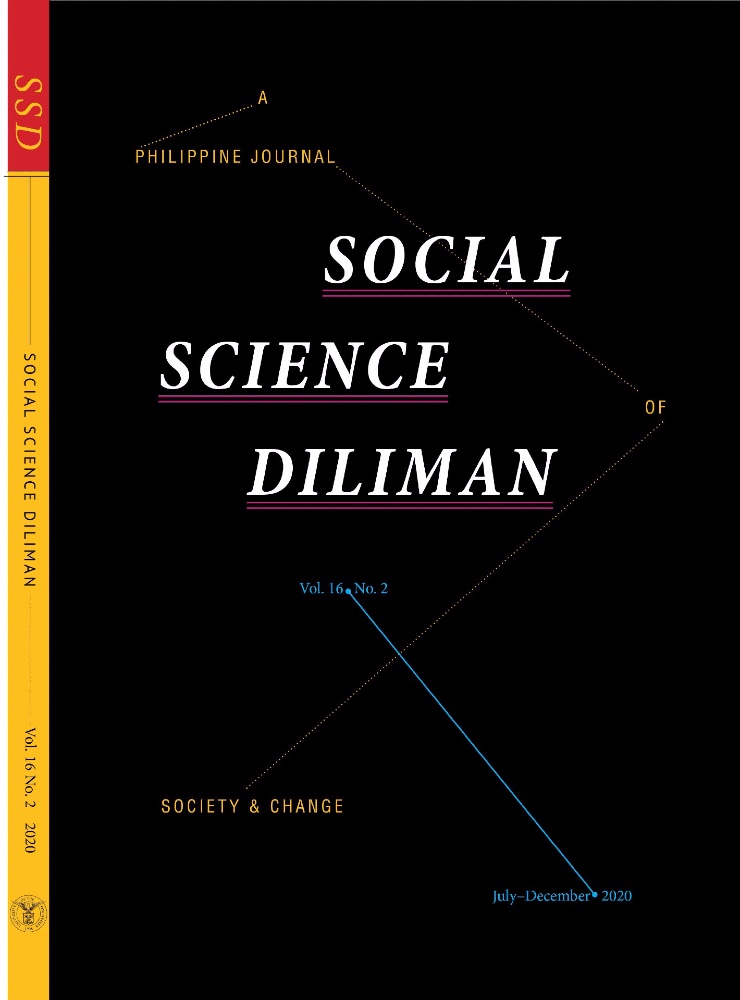Ethnogenesis at the margins: A study on the origins of the Bago-Igorot identity
Abstract
There has been a resurgence of identity politics in Ilocos stemming from the search for and the establishment of the Bago-Igorot identity. This academic and personal inquiry on Bago identity examines the theories generated by congresses and scholars about the Bago’s origins, the issues and debates found in various Bago social media websites, the representation of Bago-Igorots in Ilocos historiographies, and interviews with elders of Igorot migrant groups in Ilocos. Analyses show that the terms “Bago”/“Bago-Igorots” and other derivations do not represent a distinct group of Indigenous people but are exonyms—names initially used by the Spaniards to call the natives who were new Christian converts, then later adopted by the Ilocanos as a derogatory term to describe migrant Igorots in general. Ilocano became the Bago’s lingua franca due to trading with the Ilocanos and intermarriages. The case of the Bago is arguably an example of an ethnogenesis on a small scale, similar to the process of adopting and reforming Moro as an identity in southern Philippines and, on a larger scale, of Filipino as a national identity. These shifts in identity politics may significantly affect the nation-building process, especially in the creation of a homogenous or unifying identity among diverse ethnolinguistic groups, and thus remain an important aspect of social and cultural studies.


